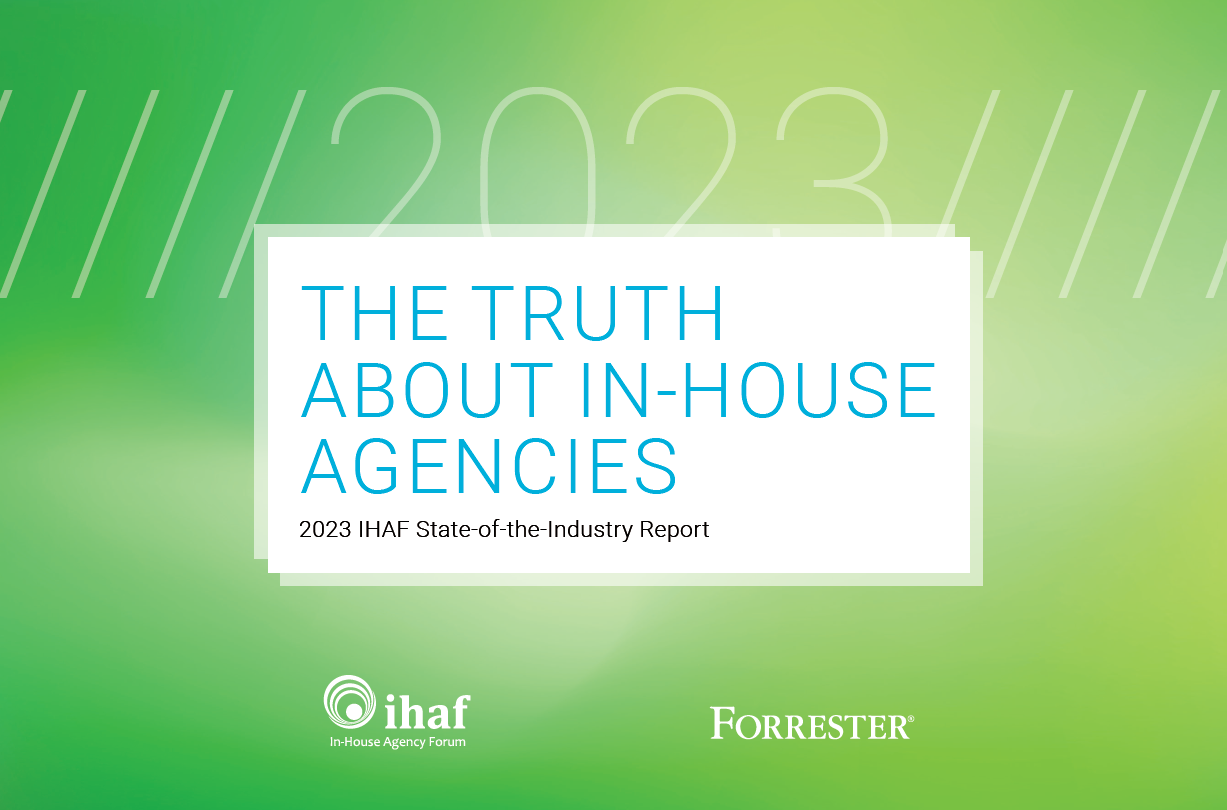7 Lessons on SEO Content Workload Management

There are a number of common challenges pertaining to workload management—tracking projects and documents, assembling the right team, and being on the lookout for potential efficiencies are just a few. The bottom line is that effective workload management can mean the difference between on time or late, on budget or over, and quality or junk.
For most agency teams, workload fluctuates from high to low to somewhere in between. So, it’s essential to have the right people, systems and processes in place to succeed through it all. The good news is, we’ve been there. In fact, last year we produced 20,000 pieces of content for just one client. And through it all, we have found seven lessons to be invaluable.
1.) Start with a pilot, then scale. When taking on a new task for a client, we always start with a pilot. A small-scale version of what might become a huge project enables your team to be sure everything is correctly defined, including estimated project costs, before committing resources. Starting with a small volume of work for a given project or task also lets everyone on the team confirm they have the proper resources to do the job with the right workflow in place to perform exceptionally at full scale.
2.) Use a system of trackers. Unfortunately, we’ve untangled many a mess caused by version control issues with other document platforms. Google Docs has been invaluable for both internal and external documents. We use a system of Google Sheets to track our progress, which allows multiple collaborators to track and review what has been completed and what needs to be finished. Multiple collaborators can proof, edit and review files submitted via Google Doc. Google Drive underlies all of the programs we use, providing cloud storage space for our team to submit, review and access files.
3.) Work with a good project management platform. Galileo built a custom project management platform to manage the workload associated with each of our partners. Our system keeps track of assigned tasks, due dates, files to be reviewed and even invoicing. The platform also gives us insight into our consultants’ workload, so we don’t over or under commit a single task. While a custom platform isn’t the best fit for all companies, there are plenty of other project management and agency management tools available.
4.) Build relationships with top-tier freelancers. We’ve assembled an exceptional network of agency-caliber freelancers who possess specialty skills in a variety of areas such as technical SEO, content writing and production, and creative services. Because they’re consultants and not employees, they only bill us when they’ve completed work. Our access to each of these top-notch experts is a mutually beneficial relationship based on freedom; they have the freedom to work when they want and we have the freedom to ask them to work when we need them—all from remote home and coworking offices across the country. There are no retainers or long-term commitments. We’re able to scale up or down seamlessly to meet clients’ demands. You can build a similar network or work with ours.
5.) Add a layer of project management to every project. To ensure processes run smoothly and effectively, it is critical to add a layer of project management to each client project. Project managers oversee process and quality assurance across all work for accuracy and oversight of freelancer workload. This enables you to look for efficiencies and pass them along to the rest of the team assigned to the given task.
6.) Pay for work by the piece. Galileo pays our consultants by the piece and we bill our clients by the piece. This eliminates variations and lets us manage to a tight budget and pass along our best price to our clients. It is a great way to pilot and scale initiatives because the model supports good planning by all parties. Our customers like this because it is easy for purchasing departments to get their arms around the deliverables. Finance departments like the approach because you can compare apples to apples. Once you start buying content on demand by the piece, you’ll never want to go back to the hourly or retainer model.
7.) Stay on top of the state-of-the-art tools and techniques. It is critical to keep current with the latest art tools and techniques for your niche in today’s competitive and ever-changing economy. We believe that sharing knowledge broadly is the best way to also build your team. We created this 10-Step SEO Content Playbook for In-House Marketing Teams to educate our freelancers on the latest tools, but decided to share it with the world too!
We hope these tips, gleaned from years of workload-management experience, are helpful to you and your team. Feel free to reach out to us anytime with questions, suggestions, or to share your own experiences.
Galileo Tech Media provides multi-location SEO and Content Marketing services for industries such as travel and hospitality, real estate and more—working with internal agencies and marketing teams that need a partner who can provide scalable solutions.
- advertising,
- account,
- agency,
- association,
- brainstorm,
- brand,
- client,
- CMO,
- content,
- corporate,
- creative,
- digital,
- finance,
- galileo,
- IHAF,
- in-house,
- insource,
- internal,
- joseph,
- leadership,
- management,
- marketing,
- mcelroy,
- media,
- membership,
- networking,
- pilot,
- platform,
- procedures,
- professional,
- project,
- quality,
- satisfaction,
- scale,
- SEO,
- social,
- tech,
- techniques,
- tools,
- trends,
- workflow
Recent Posts

In-House Data: Fact or Fiction?
October 16, 2023
I’m going to be honest with you, which I always am but this time it’s scary honesty. There are a lot of in-house agency research reports out there. And not all of them contain data that are close to the integrity of the studies IHAF publishes—the next of which drops at the IHAF conference on …

IHAF Wrapped
December 20, 2023
One of our favorite things to do at year-end is look back at the events, presentations, and online resources our members tapped most. (Why should Spotify have all the fun?) Here are a few of your favorites in 2023:
• New Assortment of Org Charts Download • Updated Job Profiles …



















%20(1).pdf%20-%20Copy.jpg)

%20(1).png)


No Reader Comments